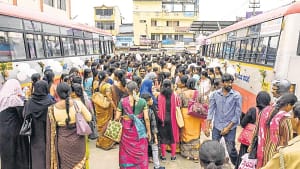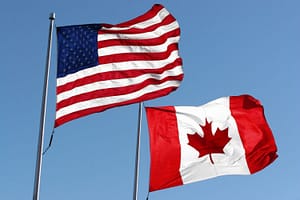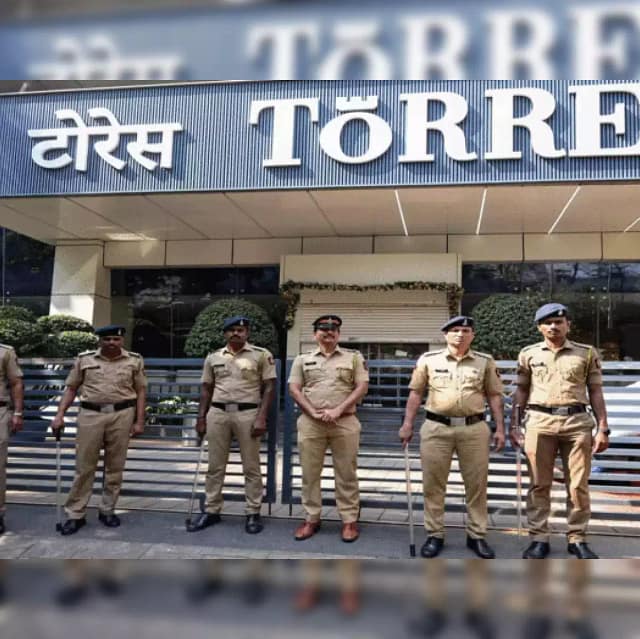In a contentious move reflecting strained sentiments, JN Ray Hospital in Kolkata has announced an indefinite halt to treating Bangladeshi patients. The decision comes amid growing protests over alleged mistreatment of Hindus in Bangladesh and perceived anti-India sentiments.
Hospital’s Stance
The hospital, located in Manicktala, justified the decision by citing incidents where Bangladeshi citizens allegedly disrespected India’s national flag. Subhranshu Bhakt, a senior hospital official, emphasized the hospital’s outrage at such acts, stating, “We cannot stand silent when our national symbol is insulted. Hence, no Bangladeshi patient will be admitted for treatment indefinitely.”
Bhakt also urged other healthcare institutions in Kolkata to follow suit as a show of solidarity against the reported atrocities on minorities in Bangladesh and perceived anti-India actions.
Backdrop of the Decision
This announcement aligns with recent tensions following reports of alleged attacks on Hindu minorities and Hindu temples in Bangladesh. These incidents have sparked protests in India, particularly in regions close to the Bangladesh border. Activists and organizations have expressed strong condemnation, urging for stricter measures against such actions.
While JN Ray Hospital’s move has garnered support from certain nationalist groups, it also raises questions about the ethical implications of refusing medical care based on nationality.
Historical Context
India and Bangladesh share a deep historical connection, particularly regarding Bangladesh’s independence in 1971, during which India played a critical role. However, incidents of communal tension and anti-India sentiments in recent years have tested bilateral relations.
Implications and Reactions
The hospital’s decision has sparked a debate on social media and among policymakers. Critics argue that such actions could compromise India’s humanitarian values and bilateral relations. Proponents, however, see it as a necessary step to assert national pride and address growing anti-India sentiments.
The move also brings to light broader concerns about the interplay between healthcare ethics and geopolitical issues. Whether other healthcare institutions will adopt similar measures remains uncertain, but the development highlights growing tensions in the region.
This news report is curated with insights from multiple reliable news sources.




















